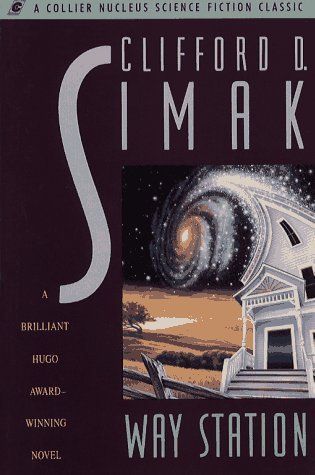
Reviews
Sarah Sammis@pussreboots
Kelsey Lynn@abibliophagist
James Paden@jamespaden
Bryan Alexander@bryanalexander
Michael Cowell@chaosweeper
Vladimir@vkosmosa
JM Benedetto@jmbenedetto
Janice Hopper@archergal
Didi Chanoch@didichanoch
Brian Edginton@edge
Kevin. j Mercil @kevlar
alex m@plusfour
Lizzy Grayson@lizzyc383
Jan Jackson@pilgrim
Vera Sokolyanskaya@veras
Steven O'Toole@osteven
Alex Jones@alexj
Mike Pearce@mikepearce
Andrew Sztehlo@sztehlocomics
Zubaer@zubymoves
Dani@erudani
Mike Pearce@mikepearce
Tyler Jefford@tjefford